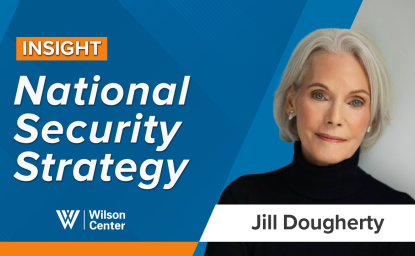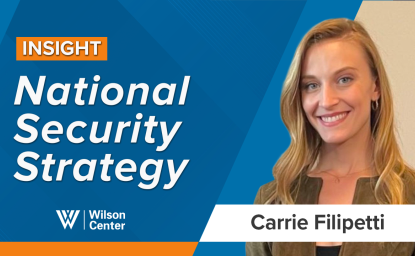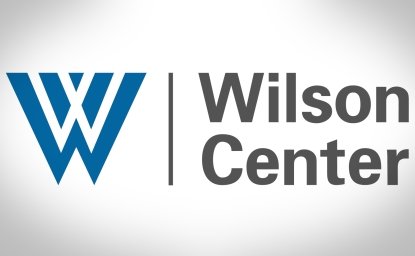Making Aid Work
Does foreign aid work, and how can it work better? Former Congressman Lee Hamilton assesses the important and controversial aid debate.
Does foreign aid work, and how can it work better? Former Congressman Lee Hamilton assesses the important and controversial aid debate.
Does foreign aid work? Americans have traditionally been ambivalent about this question. As the U.S. undertakes bold new initiatives for Africa, and massive nation-building efforts in Iraq, Afghanistan and the Palestinian territories, the aid debate is again under a spotlight.
Opponents of foreign aid denounce it as a wasteful use of American tax dollars. They point to troubling examples of aid lining the pockets of corrupt leaders, disappearing into government treasuries that lack accounting and transparency, or being redirected to fuel conflict. Instead of promoting economic growth, they argue, aid encourages dependency on foreign donors, while driving up exchange rates and harming exports.
Proponents of aid counter that it can accomplish a great deal. They argue that foreign assistance is needed to break the cycle of poverty that grips much of the world, where people lack the health care, education, and infrastructure needed for development, and roughly half of the world's population lives on less than $2 per day. Left unchecked, this poverty can increase threats to the U.S.: failing states, conflict, terrorism, disease, and environmental degradation. Proponents also point to tangible success stories: the near eradication of smallpox around the globe, or the economic and democratic development of East Asia.
Too often, this debate becomes a dialogue of the deaf. To move forward, the aid debate must acknowledge some validity in both points of view. It is true that aid has not always worked, but it has succeeded in making a difference in many places. Aid is necessary to alleviate poverty and promote economic development, and can be a key part of nation building – a cornerstone of the Bush Administration's strategy in the war on terror. Our task now is to make aid work better. Throwing dollars at problems is not sufficient: we need to be sure we spend our money efficiently and effectively.
Corruption is indeed a great barrier to success. Aid can work where there is good governance, and usually fails where governments are unable or unwilling to commit aid to improve the lives of their people. We should insist that governments receiving American aid live up to standards of accountability and transparency, and we should support countries that embrace market reforms, democracy, and the rule of law. In return, we should guarantee that aid levels will be predictable and sustained over time – so that governments attempting to do the right thing can plan prudently.
Aid must also be focused where it can make the greatest difference. Imagine being the American official in charge of economic reconstruction in Afghanistan and Iraq: everywhere you turn, you would find a pressing need. To have a positive impact, you would have to direct aid at the urgent priorities of the recipients. In Iraq, those priorities would include keeping the electricity up and running, and creating jobs for the many young and unemployed men. In Afghanistan, those priorities would also include providing basic education and health care for a war-ravaged population.
Aid is only one piece of a complicated puzzle. For developing countries, debt forgiveness or open trade may be even more important: an African farmer may prefer access to American markets to access to American aid dollars. For Afghanistan and Iraq, of course, security is necessary to enable economic reconstruction: building new power lines accomplishes little if insurgents destroy those power lines. So we must remember that aid does not take place in a vacuum: success demands effective policies within the recipient country, and domestic and international conditions that encourage growth and development.
The huge dilemma is failing states. Often, the greatest humanitarian and security crises occur in places that are the least hospitable to aid: countries where the government is corrupt and ineffectual, or where violence reigns. There are few good answers for how to make a difference in these situations, but we must try – particularly to alleviate widespread suffering and disaster, as in Sudan. Working through international institutions and non-governmental organizations, we can try to bypass failing governments to reach individuals on the ground – helping those in need who are trying to help themselves and their impoverished communities. Working to support more effective neighboring governments, we can try to set examples of success that may help turn failing states around.
Foreign aid is neither a failure nor a panacea. It is, instead, an important tool of American policy that can serve the interests of the United States and the world if wisely administered. To that end, we must see that aid reaches the right parties, works for the right goals, is timely, and is delivered in the right context.



